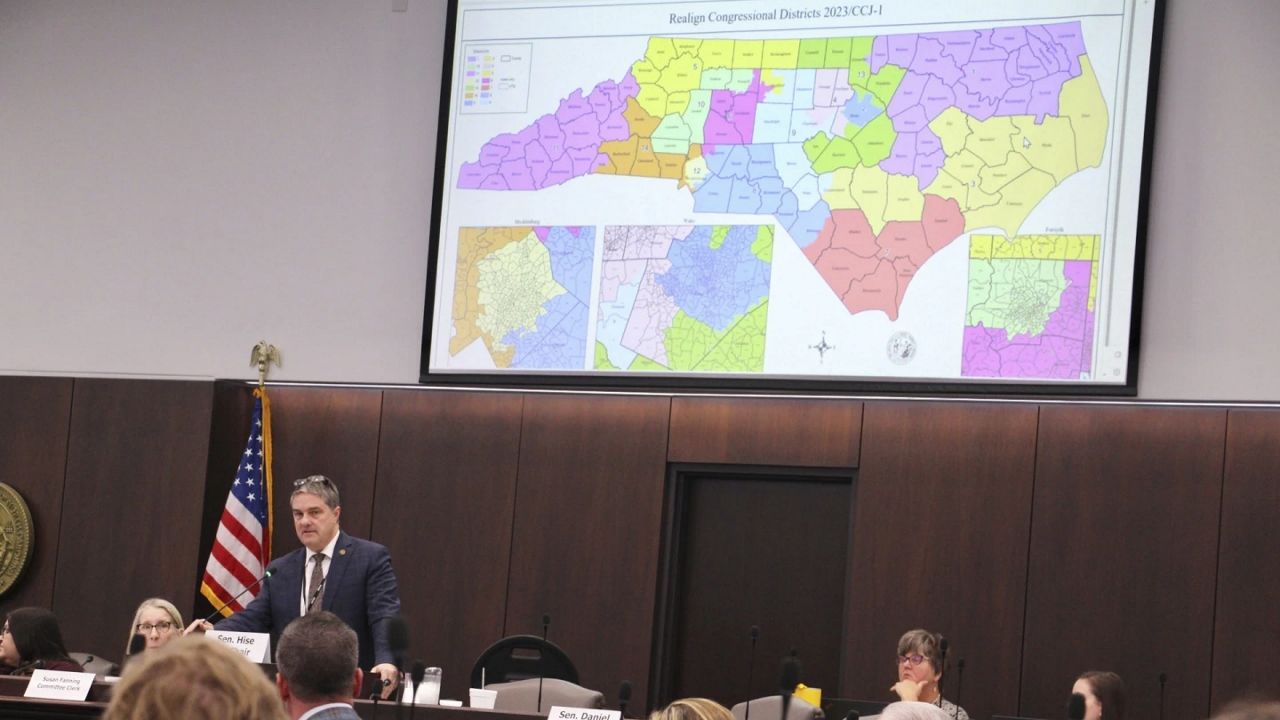CHARLOTTE, N.C. – The pandemic is highlighting the important role colleges play in meeting the basic needs of vulnerable students from housing to food.
- UNC Charlotte joins 27 other colleges and universities across the country to help launch the Hope Center’s Institutional Capacity-Building Cohort
- The cohort is made up of seven representatives from UNC Charlotte including administrators, staff, faculty and students
- Student representative Tiera Ray is dedicating her time to be a voice for other students who are struggling financially
UNC Charlotte joins 27 other colleges and universities across the country to help launch the first Institutional Capacity-Building Cohort. The new initiative created by a national nonprofit, The Hope Center, is designed to help school leaders address students’ basic needs.
Senior Tiera Ray became the student representative of the cohort in July. She experienced food insecurity after her hours for her on-campus job were affected during the height of the COVID-19 pandemic.
“My hours decreased a lot,” Ray said. “I didn’t have a lot of money to stock my fridge or pantry.”
Ray’s income dwindled to $160 a month, forcing her to rely on the weekly food pantry at school.
“It made me feel bad because I felt like I was the only one going through it,” Ray said. “But then I realized a lot of other college students were experiencing the same thing I was as well.”
Now that she’s in better shape financially, she’s dedicating her time to be a voice for students who are still struggling.
“They lost their housing [during the pandemic] due to not having enough funds for rent,” Ray said. “And had to tow their car, they had to sell a lot of things just to manage their day-to-day lives.”
As a finance major, her struggle was a personal lesson on how to save and manage her paychecks. Now, she wants to pass on that knowledge to others. She says the first order of business is surveying about 30,000 students on-campus to see who needs help.
The cohort is also working to make sure students know about resources, like emergency housing.
“[The cohort] is trying to implement social media…make billboard signs and sending emails [to students],” Ray said. “Because a lot of students don’t even know about the pantry…and that’s free food.”
Fortunately for Ray, her parents covered her housing last year, and she was able to work full-time again that summer as an information specialist at the Student Union.
Ray is heavily involved on-campus. She’s active on the student activities and fees committee and a few others.
“Growing up, I always felt like I was behind the scenes and wasn’t upfront,” Ray said. “Now I want to be that voice for anyone feels unheard and who can’t talk to the higher-ups.”
Ray says she’s hopeful the cohort will come up with meaningful solutions.
“I want everyone to be able to just be in school,” Ray said. “Be a college student and not have to worry about the hardships of housing and food, those hardships most of us have experienced during the COVID-19 pandemic.”
The cohort is made up of seven representatives from UNC Charlotte, including administrators, staff, faculty and students. It’ll run through May 2022 with learning modules focused on assessment, support, and driving state and federal policy.






)

